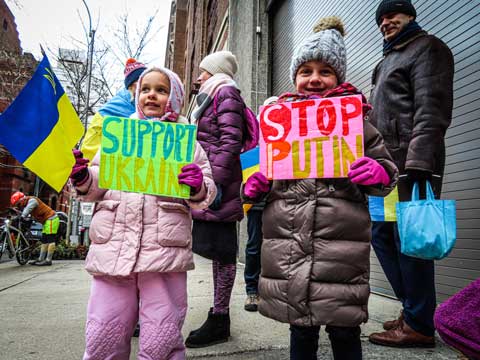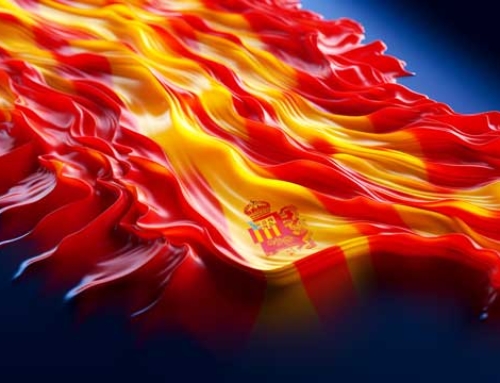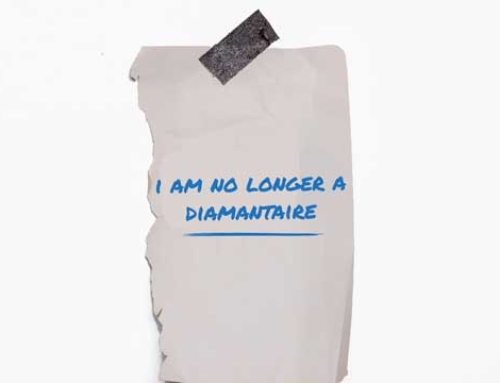According to an investigation by The New York Times, Belgium imported not less, but more from Russia in the last six months. Liquefied gas (lng) and diamonds in particular kept coming.
Since the beginning of the Russian invasion of Ukraine, Belgium has not cut trade relations with Russia, but rather deepened them, says the leading US newspaper The New York Times. While Belgium exported a quarter less to Russia, it imported 130 per cent more. This sharp increase is remarkable. After all, the European Union has already announced eight sanctions packages, but they do not seem to bother Russian exports. The Netherlands, Germany and Spain also only saw an increase in imports from Russia.
The Belgian Foreign Trade Agency cannot confirm The New York Times’ figures, but it is certain that Belgium has started paying the Russian economy more. The agency compared the period March to July this year with that of last year. It found that imports doubled, from 3.3 billion euros to 6.6 billion euros.
Rising raw material prices
According to the agency, the increase is due to increased commodity prices. Belgium mainly imports oil and gas from Russia. In the first months of the war, their value increased by 220 per cent or €3 billion. “The port of Antwerp is a major import port for petroleum products and crude oil. Zeebrugge is a transshipment port for liquefied gas (lng), which is imported from Russia,” says Professor Thijs Van de Graaf (UGent), expert on energy policy and international politics.
Yet the higher revenues for Russia are not exclusively explained by the increased commodity price. Volume has also increased, especially of Russian lng. “While pipeline imports have fallen by 80 per cent, much more liquefied gas is being imported. This is a flexible market. Ships carrying lng sail to the port where prices are highest,” says Van de Graaf, who stresses that gas is not subject to European sanctions.
Belgium has a lot to gain from the lng trade. Via Zeebrugge, the gas goes elsewhere in Europe or even to Asia. Fluxys does the storage, transshipment and regasification. “For Belgian municipalities, that’s a cash cow,” says Van de Graaf.
From December, Russian tankers carrying crude oil are no longer allowed to dock in European ports. From February, the boycott will also apply to other petroleum products. That will deal a heavy blow to Russian exports to Belgium.
Diamond trade
The port of Antwerp can continue to rely on Russian diamonds, the most important Russian export product after oil and gas. The diamond trade has been the subject of discussion for months. Thanks to Belgian diplomacy, the trade will not be boycotted. “They wanted to protect Antwerp as a global diamond centre with the argument that the trade would shift outside Europe, where there is less control of origin,” says professor Alexander Mattelaer (VUB), expert on international security. Another argument is that Russia would easily find new buyers and a boycott mainly affects Europe itself.






